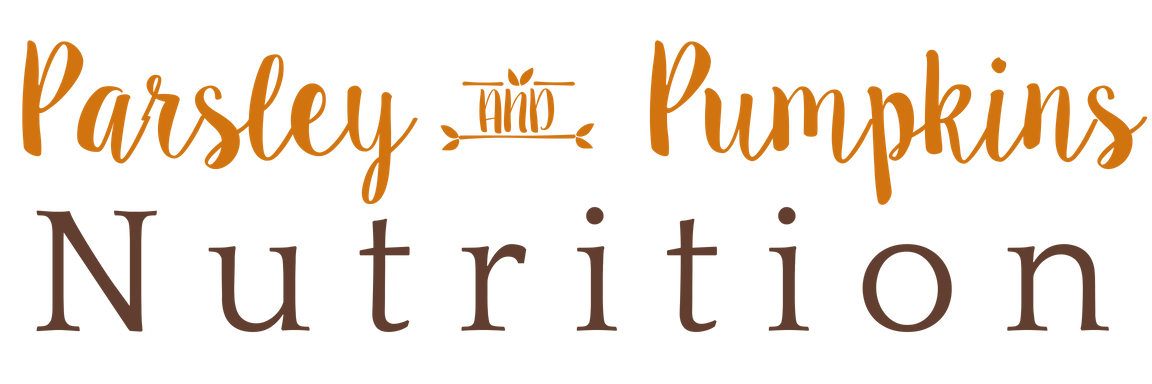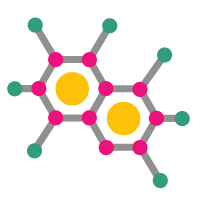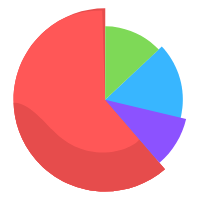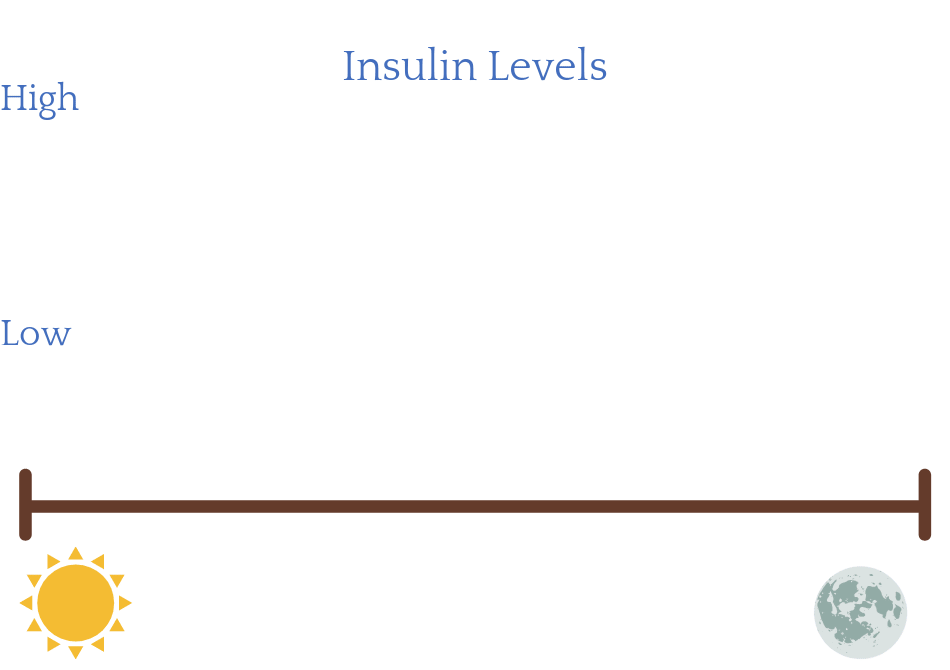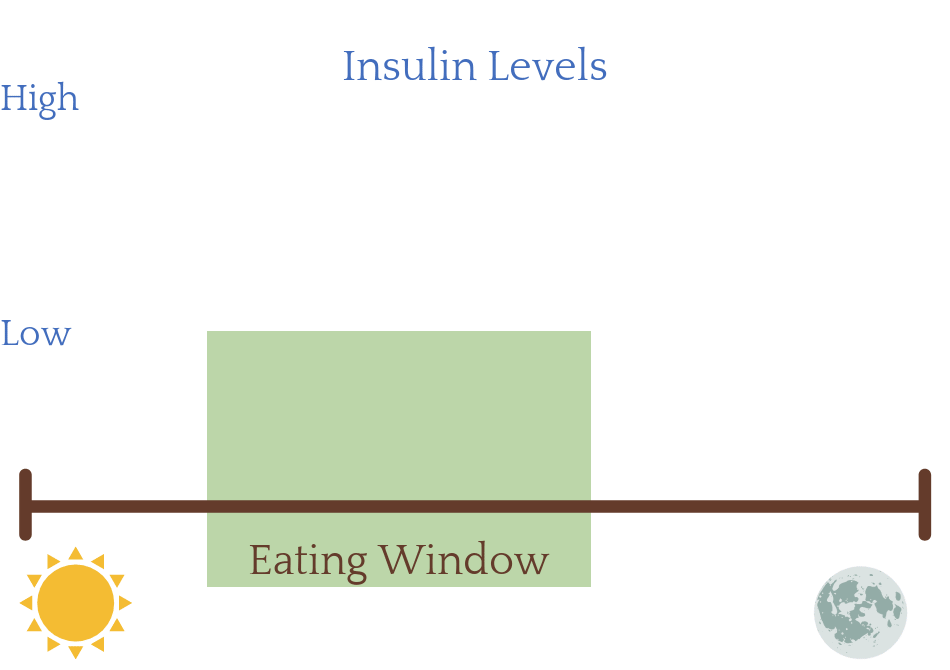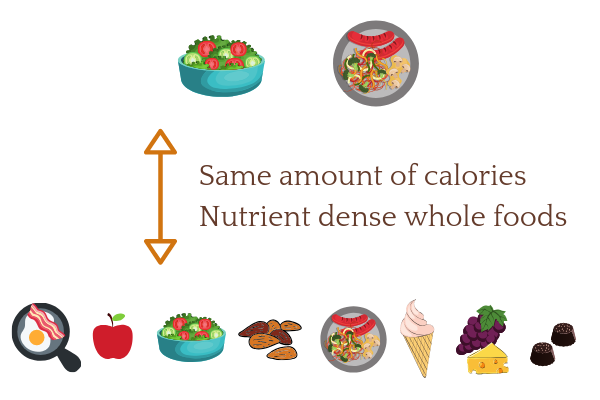How often should you eat if you have PCOS
Two Opinions: Grazing vs Intermittent Fasting for blood sugar regulation
Today we’re asking the question how often you should eat when you have PCOS.
The reason we need to ask this question is because there are a lot of differing view points. Back in the 90s there was a popular idea that it’s best to snack throughout the day, to graze, and that this would keep blood sugar stable because you have a constant supply of energy coming in. A lot of people grew up hearing this and many still recommend grazing.
On the other side, we have a new idea called Intermittent Fasting that has gained a lot of attention in the past few years. This idea is that you have a window of time during the day in which you eat your meals and you don’t eat at all outside that window. The idea being that this method keeps your blood sugar stable by activating your body’s own mechanisms for managing energy, that you don’t need to eat all day long because your body has built in systems to regulate blood sugar.
These two ideas are opposites, yet they both claim to be beneficial for regulating blood sugar - a very important component of healing POCS. It’s estimated that 70% of PCOS cases have a root cause in insulin resistance, which is essentially carbohydrate intolerance from too much insulin in the blood and unmanaged blood sugar. So to understand which method has the best chance of actually reversing your PCOS, we need to look at the affect of both eating styles on your insulin levels.
Important considerations for PCOS
Important fact #1: Your body secretes insulin every time you eat. It produces more when you eat candy, pancakes, muffins, and the like, and it does produce a small amount even when you eat collard greens and steak. Insulin is produced every time you eat.
Important fact #2: high levels of insulin in the blood, for prolonged periods of time, lead directly to insulin resistance in the cells.
Important fact #3: Insulin resistance is the leading cause of PCOS. This is why most doctors throw metformin at PCOS cases, it’s a diabetes drug that reduces how much glucose our body makes and increases insulin sensitivity in muscle cells.
What happens to your body when you graze all day?
Lets look at the effect of grazing on insulin levels for PCOS.
You wake up in the morning and you have breakfast. Your body produces insulin.
For most people, blood sugar levels return to normal 1-2 hours after eating.
But before blood sugar levels have gone back to normal you have a mid-morning snack, your body produces insulin.
You have lunch, your body produces insulin.
You have a mid afternoon snack, your body produces insulin.
You have dinner, your body produces insulin.
You have dessert, your body produces insulin.
You have a before bed snack, your body produces insulin.
You wake up in the middle of the night and have a midnight snack, your body produces insulin. Waking up hungry in the middle of the night is a tell tale sign that your blood sugar is out of balance.
High levels of insulin, for a prolonged period of time. Not just the one day, but day after day after day.
Now you’re developing insulin resistance, this leads to high testosterone in women, next you have PCOS, you’re not ovulating, you’re not producing progesterone and so your estrogen is unbalanced, your periods are irregular and you’re having fertility issues.
It all links back to the way you’re eating.
What happens to your body during intermittent fasting?
Now lets look at the effects of intermittent fasting on insulin levels for PCOS.
With intermittent fasting you designate a window of time during the day and you only eat during the time.
You wake up in the morning, you have low insulin levels because you haven’t yet eaten and your body is using it’s own stores of glucose, protein, and fat for energy.
You have an early lunch, your body produces insulin.
There is a gap of time where insulin levels drop back to normal levels.
You have dinner, your body produces insulin.
Then your insulin levels go back down until the next day.
In between meals your body uses it’s own built in mechanisms to convert stored glucose, proteins, and fats into energy.
Your insulin levels will be much lower during this time so you’re far less likely to develop insulin resistance.
Intermittent Fasting is NOT calorie restriction
An important note here, you’re still eating the same calories. I ask my clients to track their calories any time they change how often they eat to make sure they’re not inadvertently cutting calories.
Intermittent fasting is not calorie restriction, it’s eating within a window of time.
Intermittent fasting also cannot make up for a diet full of sugar and processed food. You still need to eat a nutrient dense, whole foods diet; fruit, vegetables, nuts, seeds, meat, fish, etc.
Intermittent fasting is not going to work if you’re eating junky food.
Start Simple: Follow Grandma’s Advice
My favorite recommendation is something in between.
Do what your great grandmother would have recommended and just eat three square meals with no snacking.
For a lot of clients just getting to three square meals a day with no snacking significantly improves their blood sugar symptoms, they have more energy, they don’t get hangry, they’re not irritable before meals, they feel much more even keeled.
From here, you can play with reducing your eating window. This is a great idea for anyone with significant weight to lose, this is how you can activate your body’s mechanisms for turning stored fat into energy without also triggering your body’s survival reflex to hoard energy during famine (i.e. dieting and calorie restriction).
Get more Help
This is a general overview. If you want specific help on figuring out what is right for your body and your situation, come do a free call with me. It’s like a mini health assessment. I’ll send you a questionnaire with a bunch of questions about your symptoms, and we can go over it on our call. We won’t be able to go super in depth on a free call but you’ll walk away with a much clearer picture of what underlying issues are affecting your hormones and fertility.
